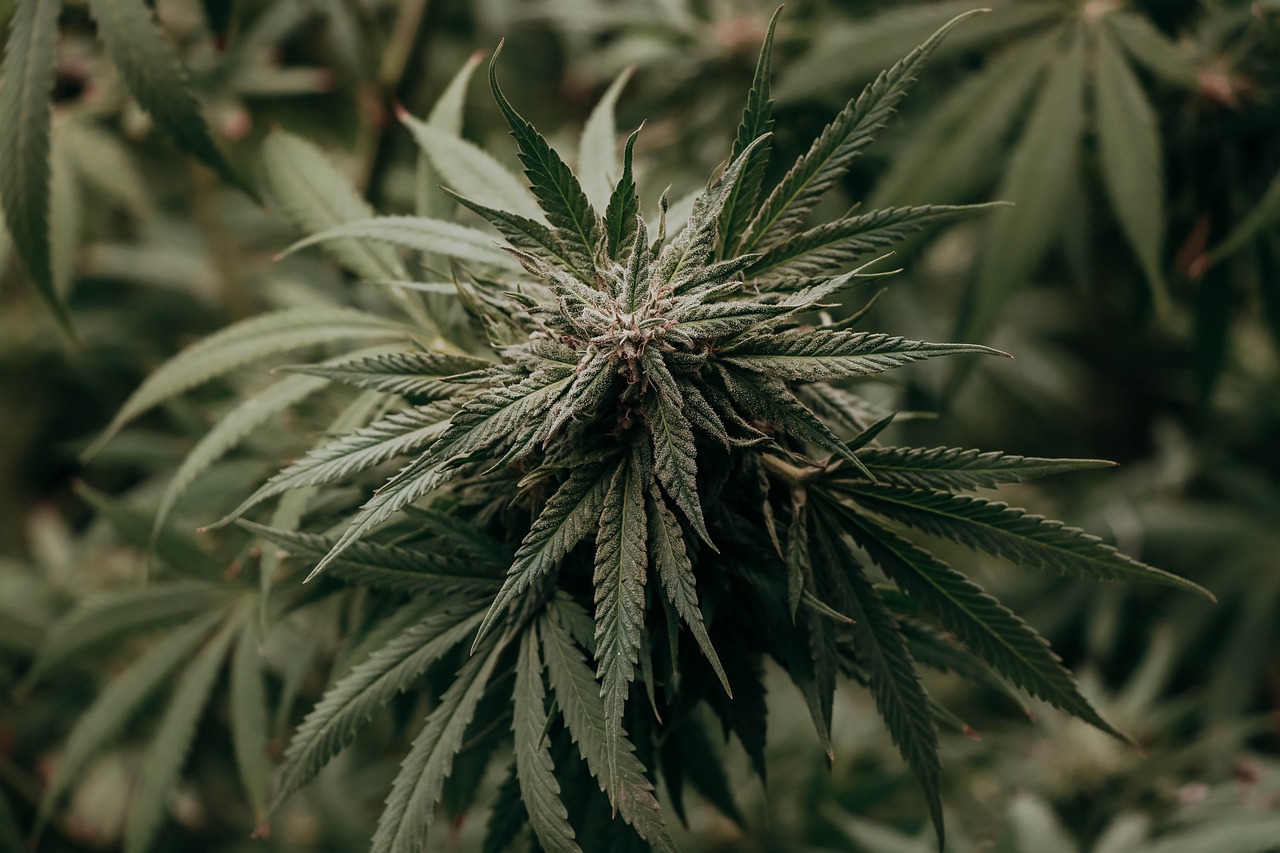In recent years, the cannabis industry has seen a surge in interest surrounding various cannabinoids, with THCA (tetrahydrocannabinolic acid) gaining significant attention. As a non-psychoactive compound found in raw cannabis, THCA offers a range of potential benefits and uses. This article explores the intricacies of Best THCa flower for beginners, its benefits, and its place in the cannabis market.
Understanding THCA
THCA is a naturally occurring cannabinoid found in the cannabis plant. Unlike THC (tetrahydrocannabinol), THCA does not produce psychoactive effects. This is because THCA is the acidic precursor to THC. When cannabis is heated through smoking, vaping, or cooking, THCA undergoes decarboxylation, converting into THC and resulting in the psychoactive effects commonly associated with cannabis.
THCA vs. THC
While both THCA and THC originate from the same plant, their effects and uses differ significantly. THCA is non-psychoactive, making it appealing for those seeking the therapeutic benefits of cannabis without the high. In contrast, THC is known for its psychoactive properties, which can alter perception and mood.
Potential Benefits of THCA
Research into THCA is still in its early stages, but preliminary studies and anecdotal evidence suggest several potential benefits:
- Anti-inflammatory Properties: THCA may help reduce inflammation, making it a potential option for those with conditions like arthritis.
- Neuroprotective Effects: Some studies indicate that THCA could offer neuroprotective benefits, potentially aiding in the treatment of neurodegenerative diseases.
- Anti-emetic Properties: THCA might help alleviate nausea and vomiting, which could be beneficial for patients undergoing chemotherapy.
- Appetite Stimulation: Like THC, THCA may stimulate appetite, offering potential benefits for individuals with appetite loss.
How to Use THCA Flower
THCA flower can be consumed in various ways, each offering different experiences and benefits:
Raw Consumption
Consuming raw cannabis allows users to benefit from THCA without converting it to THC. This can be done by adding raw cannabis to smoothies or salads. This method preserves the non-psychoactive nature of THCA.
Juicing
Juicing raw cannabis is another popular method to consume THCA. This process involves blending fresh cannabis leaves and buds with fruits or vegetables to create a nutrient-rich drink. Juicing retains the THCA content, providing potential health benefits without psychoactive effects.
Topicals
THCA-infused topicals, such as creams and balms, can be applied directly to the skin. These products are often used for localized relief from pain and inflammation.
Legal Status of THCA
The legal status of THCA varies by region. In many places, THCA is not explicitly regulated, as it is non-psychoactive. However, once decarboxylated into THC, it falls under the same legal restrictions as THC. It’s crucial for consumers to understand the laws in their area before purchasing or using THCA products.
THCA in the Cannabis Market
The growing interest in THCA has led to an increase in products available on the market. From raw cannabis flowers to concentrates and topicals, consumers have a variety of options to explore. This trend reflects a broader shift towards non-psychoactive cannabinoids and their potential health benefits.
Case Study: THCA and Arthritis
A study conducted by the University of Nottingham explored the effects of THCA on inflammation and pain in arthritis patients. The results indicated that THCA could reduce inflammation and improve mobility, offering a promising alternative to traditional pain management methods.
Consumer Trends
As awareness of THCA grows, so does consumer demand. Many individuals are seeking out THCA products for their potential health benefits without the psychoactive effects of THC. This shift is driving innovation in the cannabis industry, with new products and consumption methods emerging regularly.
Conclusion
THCA flower represents a fascinating aspect of the cannabis plant, offering potential therapeutic benefits without the psychoactive effects of THC. As research continues to uncover the full range of its properties, THCA is poised to play an increasingly significant role in the cannabis market. Whether through raw consumption, juicing, or topicals, THCA provides a versatile option for those seeking the benefits of cannabis without the high.
